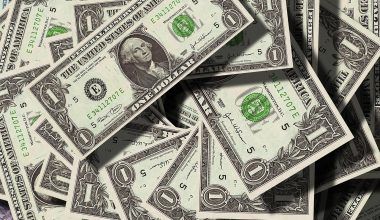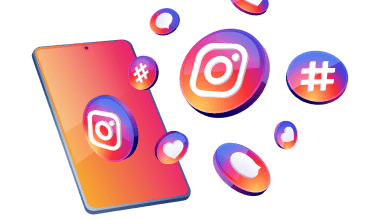For many independent artists, the dream of releasing music and making money without signing up with a record label might seem distant. However, with platforms like iTunes, it’s possible to monetize your music on iTunes without a label. Thanks to technology and distribution services, you can now control how your music reaches listeners and start earning from it. This guide walks you through the process step by step, using simple language and actionable advice.
Why Monetizing Music on iTunes Matters for Independent Artists
For years, major labels held the keys to music distribution. But now, iTunes allows independent artists to take the reins. Monetizing your music on iTunes means you can directly upload your tracks, set prices, and earn revenue. This is especially empowering for artists who want to stay independent while still gaining a global audience. Plus, the platform ensures fair compensation for every download or stream.
Understanding the Basics of Monetizing Music on iTunes
Before diving into the steps, let’s cover the basics. Monetizing your music on iTunes means turning your creative work into a source of income. This involves:
- Distributing your music on iTunes.
- Setting your pricing.
- Collecting royalties for every purchase.
To do this without a label, you need to act as your own manager, promoter, and distributor. While it might sound overwhelming, tools and services are available to make this easier.
Steps to Monetize Your Music on iTunes Without a Label
1. Create High-Quality Music
Your journey begins with great music. Focus on producing songs that resonate with listeners. Invest in good recording equipment or hire a professional studio to ensure top-notch sound quality. Remember, your music will compete with millions of tracks, so quality matters.
2. Choose the Right Distributor
Since iTunes doesn’t allow direct uploads from individuals, you’ll need a distributor. Services like TuneCore, DistroKid, or CD Baby act as intermediaries, helping you get your music on iTunes and other platforms. Compare these distributors based on cost, features, and royalty splits before choosing one.
3. Register Your Music
To ensure you get paid, register your songs with a Performing Rights Organization (PRO). This helps you collect royalties from downloads and streams. Organizations like ASCAP, BMI, or PRS can assist in this process.
4. Set Your Release Date and Pricing
When working with a distributor, you’ll get options to set a release date and pricing. Be strategic. Launch your music when you can dedicate time to promoting it. Price your tracks competitively, especially if you’re a new artist.
5. Optimize Your Metadata
Metadata includes details like your artist name, album title, genre, and track information. Ensure this data is accurate, as it helps listeners find your music on iTunes. Adding keywords related to your genre can improve discoverability.
6. Promote Your Music
Once your music is live on iTunes, promotion is key to driving sales. Use social media platforms, email newsletters, and collaborations to spread the word. Don’t shy away from creating engaging content like behind-the-scenes videos or live sessions to connect with fans.
Tips to Succeed on iTunes Without a Label
Stay Consistent with Releases
Releasing music consistently helps you stay on listeners’ radar. Even if it’s just a single, regular releases can build anticipation and loyalty among fans.
Leverage Pre-Orders and Countdown Campaigns
iTunes allows pre-orders for upcoming releases. Use this feature to create buzz around your music. Share snippets or exclusive previews to keep your audience excited.
Engage with Your Audience
Respond to comments, share user-generated content, and host live sessions. Building a connection with your listeners can lead to more sales and loyal fans.
Monetization Beyond iTunes
While iTunes is a great start, consider expanding your reach. Platforms like Spotify, YouTube Music, and Amazon Music offer additional income streams. Using the same distributor, you can get your music on multiple platforms, maximizing your earnings.
Common Mistakes to Avoid
Skipping Distribution Services: Without a distributor, you won’t get your music on iTunes. Choose one that aligns with your goals.
Neglecting Promotion: Just uploading your music isn’t enough. Invest time in promoting your work.
Ignoring Metadata: Incomplete or incorrect metadata can make it harder for listeners to find your tracks.
Conclusion
Monetizing your music on iTunes without a label is no longer just a dream. With determination and the right tools, independent artists can now take charge of their careers and start earning from their craft. From choosing a distributor to engaging with your audience, every step counts toward building a sustainable music career. So, if you’ve been holding back, now’s the time to take action and monetize your music on iTunes without a label.
For further reading, explore these related articles:
- How to Add Music to Spotify: A Step-by-Step Guide for Everyone
- How to Get Money From YouTube Videos
- Understanding DistroKid Record Label
For additional resources on music marketing and distribution, visit DMT Records Private Limited.






